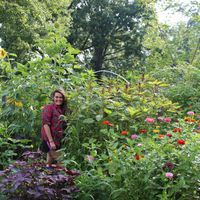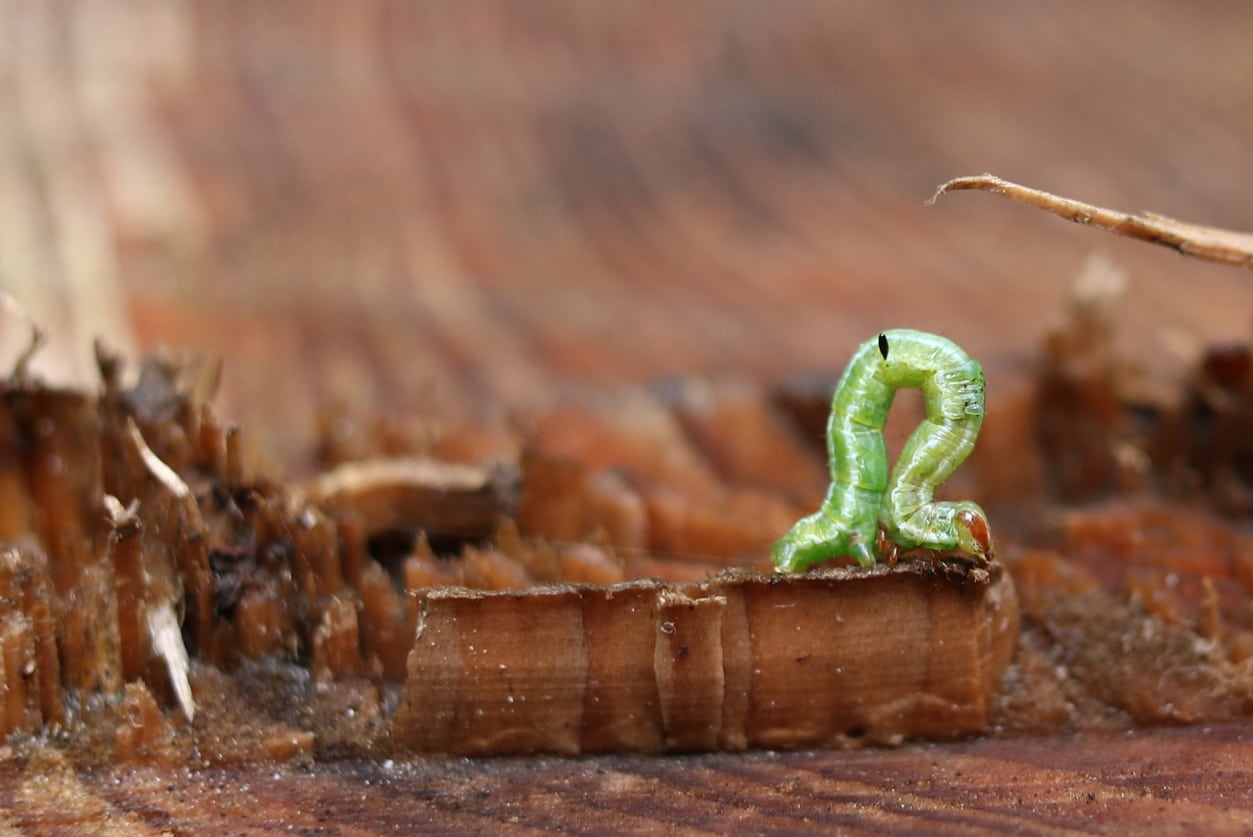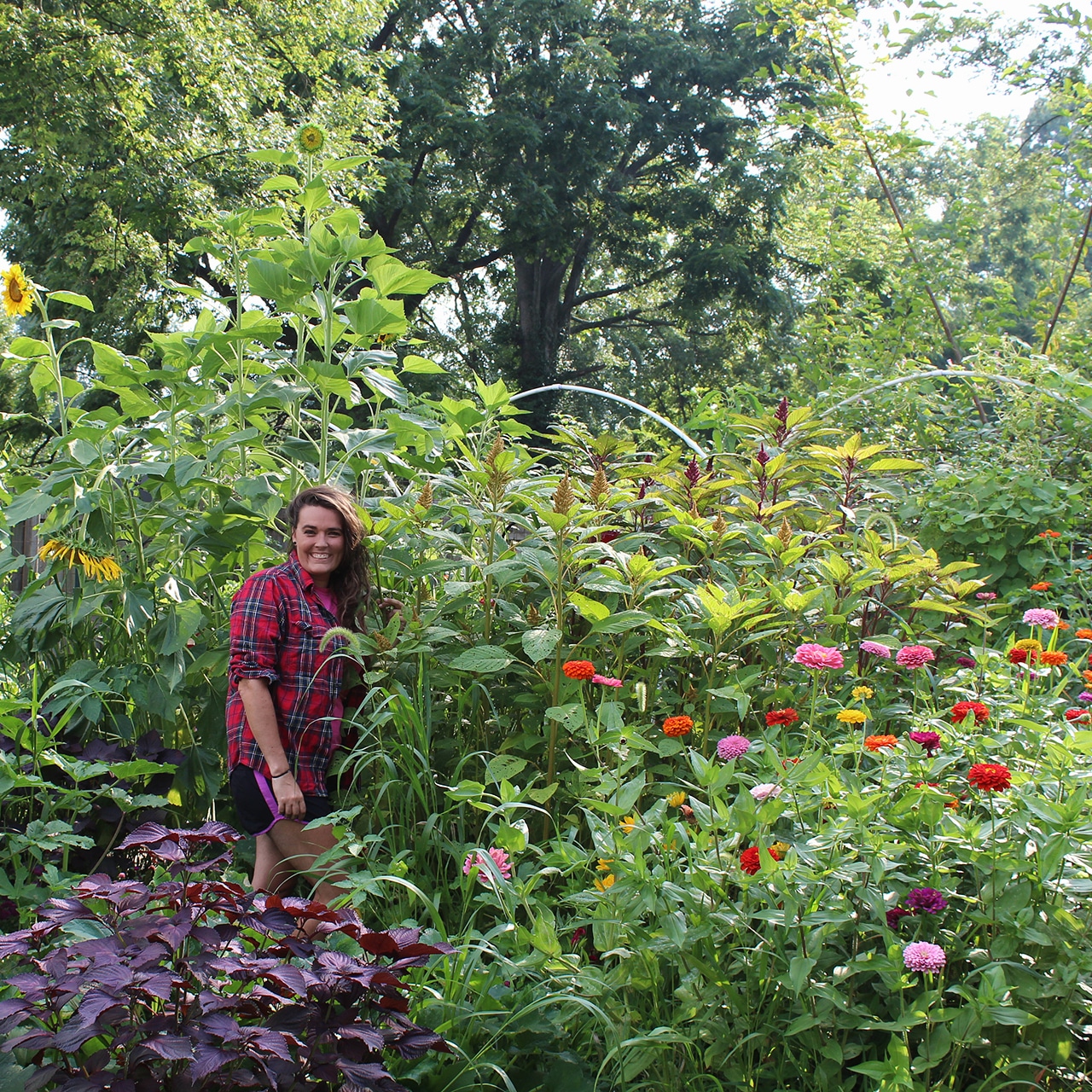Inchworm Information: Are Inchworms Bad For Plants


Various types of inchworms are found in and near the home garden. Also known as cankerworms, spanworms, or loopers, these pests are responsible for frustrating damage in both the vegetable garden and the home orchard. By knowing the signs and symptoms of these common pests, gardeners are better able to defend against future crop damage. Read on to learn more about inchworm control.
What is an Inchworm?
The name inchworm refers to the larvae of moths in the Geometridae family. Derived from the way in which it moves, its namesake may be somewhat misleading. Although referred to as a “worm,” the larvae of these moths are actually caterpillars. The larvae feed on the leaves of various plants such as apple, oak, mulberry, and elm trees.
Are Inchworms Bad?
While the presence of a few caterpillars is usually not a cause for concern, severe infestations may be much more alarming. In these cases, it is possible that entire trees may become defoliated due to the inchworms’ aggressive appetite. While plants are usually able to recover from mild damage, severe recurring issues with inchworms may lead to the weakened health or eventual loss of the trees. Since inchworms feed on a wide variety of trees, including both fruit and shade trees, it is likely the first place that the larvae will be observed. Frustratingly, home orchardists may notice varying degrees of damage to fruit trees. Luckily, there are some means of control which home growers may take to defend against these pests.
Inchworm Control Options
In most cases, treatment for inchworm damage is not necessary. Healthy and stress-free trees are not commonly impacted by inchworms beyond minimal damage. Additionally, larvae populations are often naturally controlled and managed by the presence of predators such as birds and beneficial insects. If, however, the homeowner feels that the use of chemical controls is necessary, there are a wide range of chemical pesticides available. When choosing a control, make certain that the product chosen is safe for use in the home vegetable garden or on fruit trees. When choosing to use chemical pesticides, it is essential to read product use labels carefully and extensively before application. An alternative to chemical pesticide use is the application of Bacillus thuringiensis, a natural soil bacteria that is perfectly safe for humans and other critters but detrimental to caterpillar species.
Sign up for the Gardening Know How newsletter today and receive a free copy of our e-book "How to Grow Delicious Tomatoes".

Tonya Barnett has been gardening for 13 years. Flowers are her passion. She has transformed her backyard into a cut flower garden, which she regularly chronicles on her YouTube channel http://www.youtube.com/@tonyawiththeflowers.